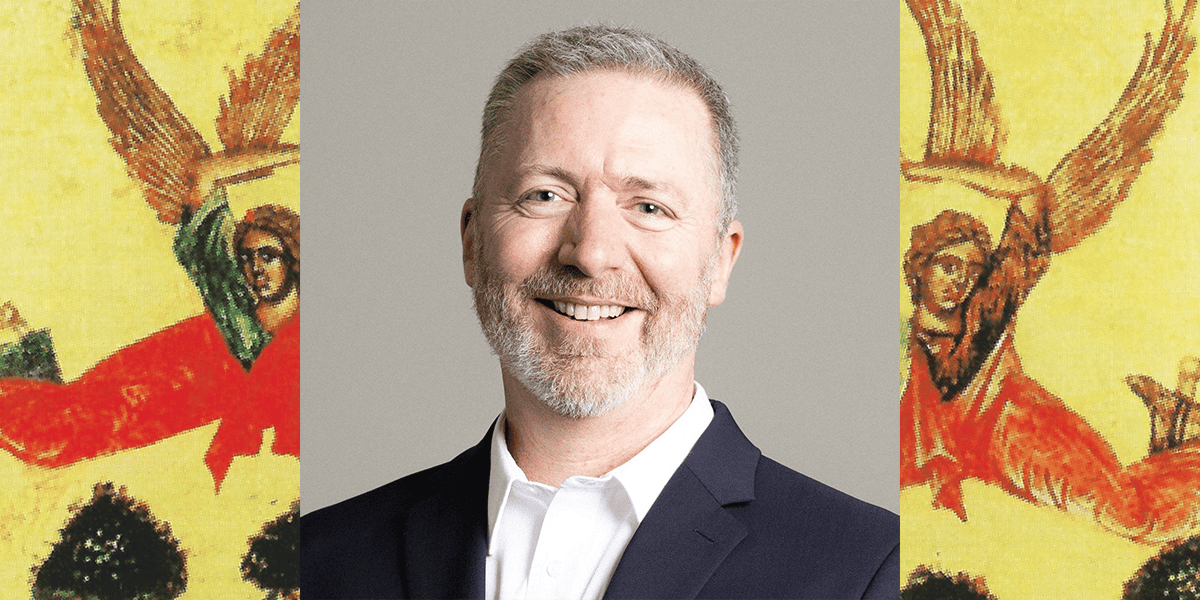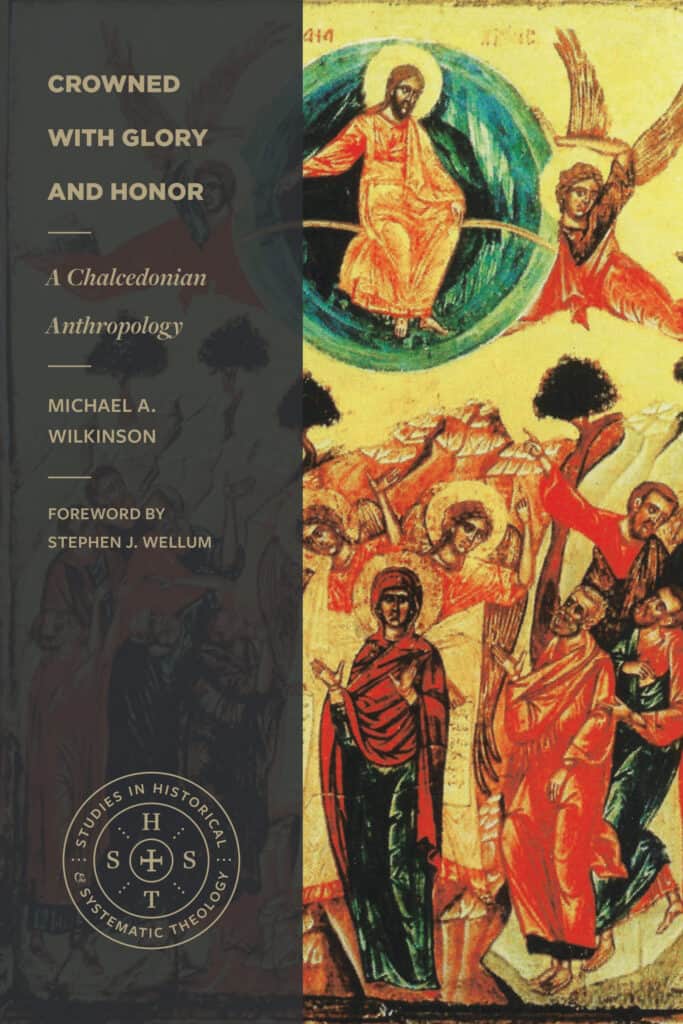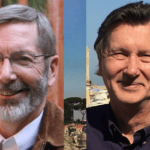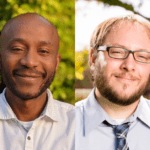
Michael A. Wilkinson is the author of Crowned with Glory and Honor: A Chalcedonian Anthropology. The field of theological anthropology is at a standstill, mired in debate between dualist and physicalist perspectives on body and soul. In Crowned with Glory and Honor, Michael A. Wilkinson argues that the man Jesus is the way forward. Anthropology should be centered around Jesus.
In our interview below, Wilkinson shares how this book argues “that what makes us human beings is defined by the incarnation of the divine Son as the man Jesus Christ” and hopes “that my attempt to do theology on the Bible’s own terms will encourage others to do the same.”
Michael A. Wilkinson has served as a pastor-elder in Texas, as the director of a campus ministry at Harvard Law School, and as an adjunct professor of theology in Bozeman, Montana, where he now practices as a lawyer.
Lexham Press: What is the story behind Crowned with Glory and Honor and what is your book’s basic thesis?
Wilkinson: This book is actually an expansion of my dissertation at Southern Seminary. During my PhD work, I formed three interrelated convictions. The first is that doing theology well is necessary for the worship and witness of the church. The second is that Christology should play a central role in our theology. And the third is that many of the most significant issues today are deeply anthropological. Those convictions led me to make a theological argument as an exercise in Christological anthropology to answer the most basic question regarding human being: What are we?
That question might seem simple and obvious, until you start trying to answer it. And while the church has always had a default teaching on what we are, it has not found a unified, orthodox confession.
To address that, I argue in the book that what makes us human beings is defined by the incarnation of the divine Son as the man Jesus Christ. While there is a growing recognition that Christology should inform anthropology, the key to my argument is the analogical extension of Christ’s person-nature constitution as confessed in the Chalcedonian Definition. Christ alone is fully God and fully man. Yet a fundamental analogy exists between him and us because Christ is the paradigm for all things universally human.
Based on that, I try to demonstrate that we have biblical, epistemological, and historical warrant for defining human being in Christ. Scripture gives us good reason to expect a constitutional correspondence between the man and mere man. A robust Christological method helps us explore that correspondence with care. And Chalcedon gives us the terms and concepts we should extend from Christ’s human ontology to ours.
In short, I argue that because the man is not just a body and a soul but a divine person subsisting in a complete human nature (body and soul), mere man is a human person subsisting in a body-soul nature. That’s what I’m calling a “Chalcedonian anthropology.”
LP: What contribution do you hope to make with Crowned with Glory and Honor?
Wilkinson: I think the main contribution of the book is to focus the question of what we are on who Jesus is as God the Son incarnate. In contemporary anthropology, we usually define a “person” as an individual human being composed of a body and a soul. And the major paradigms focus on whether the body and the soul/mind are two different kinds of substances (dualism) or different aspects of a single substance (physicalism). However, in Chalcedonian Christology, the “person” of the Son is the ontological subject who became the man Jesus Christ by adding to himself a body and a soul. So if this man is the man, then we’re more than an individual body-soul nature, and we need to think carefully through the anthropological implications of Christ’s person-nature constitution.
I also think a Chalcedonian anthropology can provide a foundation and framework for an orthodox anthropology, at least regarding the basic constitution of human being. Simply put (even if not simply done!), extending the person-nature constitution of the man to mere man would allow the church to answer the anthropological questions of our day with the help of a rich Christological tradition. And as I briefly discuss at the end of the book, defining human being in Christ holds promise for greater consistency and cogency at the intersection of Christology, anthropology, and soteriology.
Yet even if my argument for a person-nature constitution for all humanity fails to persuade many, I do hope that my attempt to do theology on the Bible’s own terms will encourage others to do the same. And I pray that doing so will aid the church in its worship and witness to the glory of our triune God and the Lord Jesus Christ.
LP: Describe a particularly surprising or enjoyable aspect of writing Crowned with Glory and Honor.
Wilkinson: I knew that writing an academic book like this can lead you down the rabbit hole of useless abstractions. And some readers might think I fell victim here and there. But I’m glad to say that the Spirit used the long and sometimes difficult process of “theologizing in print” to intensify my gratitude for God’s grace, my affections for Christ, and my wonderment in contemplating his incarnation. I believe and teach that we do theology to know God more and love him more deeply. But experiencing that truth in this case was something special for me.
And it was encouraging to see that the Spirit has been doing that work since the beginning of the church’s theological thinking. In writing Part 2 of the book that retrieves the early church’s extension of the person-nature distinction from God to Christ, I marveled at the depth of commitment to Scripture and insight into the application of its teaching to some of the most significant issues in all church history. But what was just as impressive was to see in that work their love for God and for his glory in Christ and in his church. I think that is so very instructive for the church today.
LP: Share with us something surprising about yourself that only your friends would know.
Wilkinson: I’m actually quite the homebody. I live within a few minutes of some of the best fishing, hunting, hiking, and skiing in the country. And I truly enjoy all of those. But you’ll usually find me using any free time I get just relaxing with my wife at home and musing over a pot of coffee.







